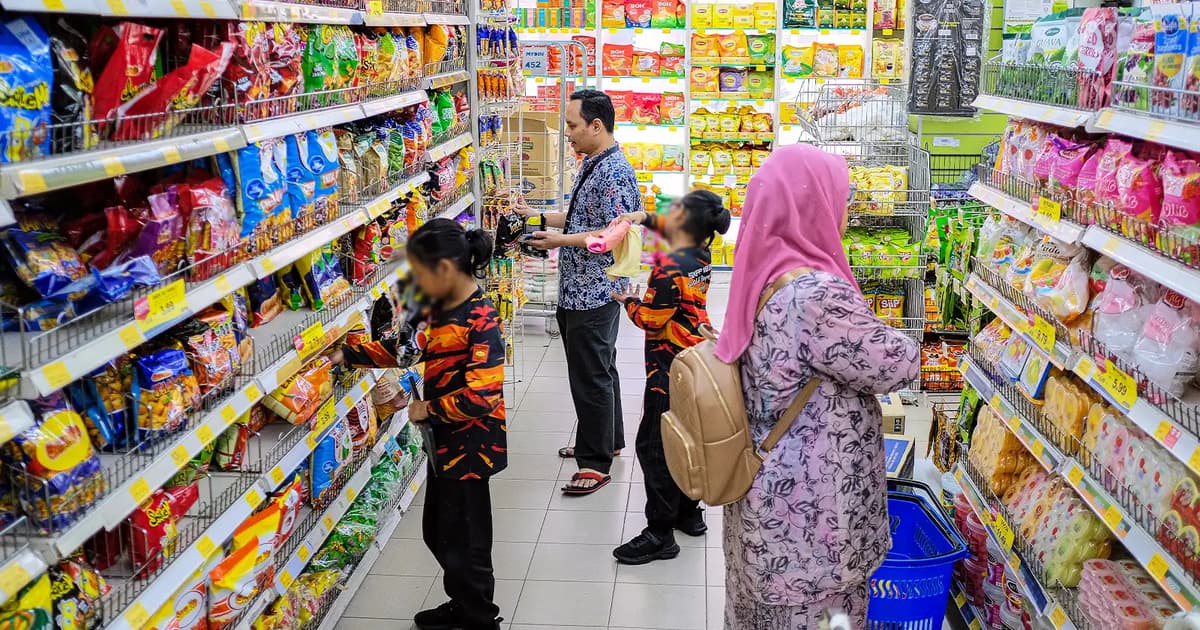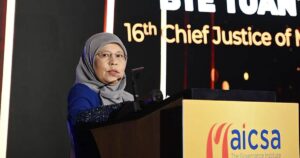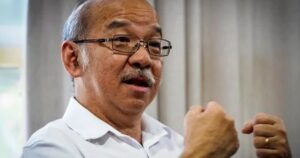
A think tank has warned that Southeast Asia’s heavy reliance on indirect taxes and difficulties in enforcing tax collection will undermine legitimate businesses, suppress innovation, and fuel illicit trade.
In a just-released report on taxation, the Center for Market Education (CME) said opaque and unpredictable tax regimes enabled smuggling syndicates, while regressive tax burdened lower-income households.
Such taxation systems could also lead to lost tax revenues for governments, it said.
The report, titled “Indirect Taxation and Innovation: An Asean Framework”, was launched today.

Carmelo Ferlito, the CEO of CME and co-author of the report, said that based on case studies from Malaysia and the Philippines, poorly designed excise systems reduced fiscal predictability, weakened institutional trust, and eroded governments’ ability to encourage innovation-led growth.
He said that when excise duties rose sharply and without warning, it spurred black markets.
Ferlito pointed out that a steep rise in tobacco excise duty in 2015 led to a 41.7% surge in illicit cigarette sales within just a year. By 2020, the black market had expanded by 72.9%.
He also said that in August this year, enforcement agencies uncovered syndicates linked to RM250 million in lost revenues from smuggling tobacco and liquor between 2020 and 2024.
“Tax policy should not punish consumers and embolden criminals.
“It should create stability, predictability, and confidence for businesses to invest and innovate,” Ferlito said at the launch.
However, he said, there was a window for reform. He noted that a moratorium on further tax hikes and strengthened enforcement had led to a drop in the volume of trade in illicit cigarettes in Malaysia.
This was an opportunity to pursue reforms to provide businesses with predictability via moderate excise increases, he said.
One such reform CME is pushing for is the adoption of a rationalised value-added tax, coupled with moderate, predictable and transparent excise systems, as well as tax calendars that allow businesses to anticipate and adapt to changes.
Ferlito said such measures would help shift the tax mix away from the current distortionary indirect tax system and towards a more predictable regime that fosters savings, investment, and innovation.
“Excise taxation should not be a guessing game for businesses. Predictability is not just good for planning – it is a public good that helps governments and companies alike,” Ferlito added.






